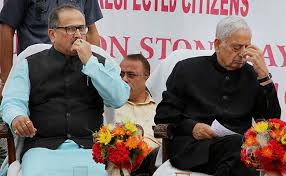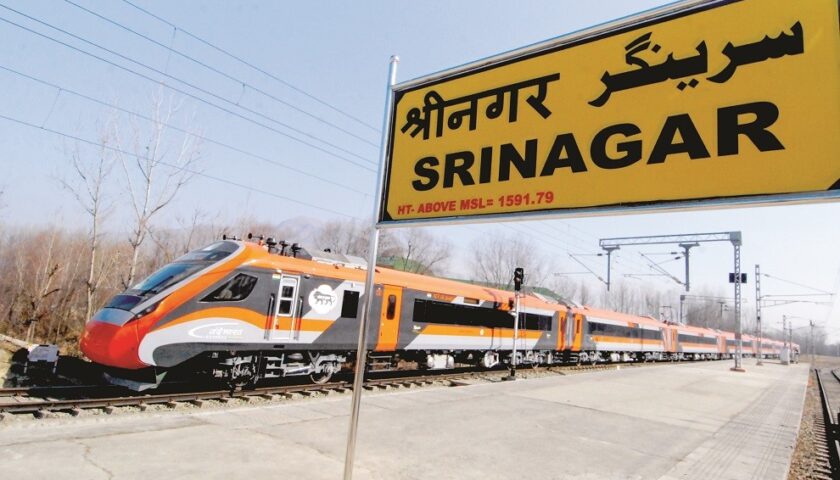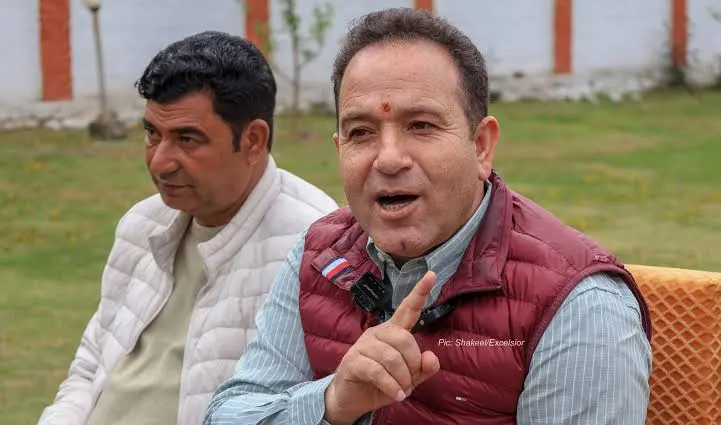Jammu and Kashmir Chief Minister Mufti Mohammad Sayeed Tuesday said there was a “perceptible” improvement in the overall situation in the state and the time for bridging the differences between communities has come.
 “The Truth and Reconciliation Mission is an idea whose time has come. We must experiment with the idea to ensure emotional linkages and confidence amongst one another, especially between families, communities and regions within J&K,” he said.
“The Truth and Reconciliation Mission is an idea whose time has come. We must experiment with the idea to ensure emotional linkages and confidence amongst one another, especially between families, communities and regions within J&K,” he said.
“JK lagged behind the rest of the county in the field of development (in last two decades). With a perceptible improvement in the overall situation, development is increasingly being seen as a vital entry point for consolidating peace dividends. We need to capitalise this opportunity,” Sayeed said.
Sayeed, who is also the Minister for General Administration department, was speaking while interacting with Kashmir Administrative Services (KAS) probationers belonging to 2013 and 2015 batches.
He urged the officers to wipe out the scars of violence from the state’s beautiful landscape.
Describing officers as critical instrumentalities for bringing about perceptible change in the quality of administration, Sayeed asked the new recruits to think out-of-box to address the grievances of the people.
Sayeed asked them to be in a state of constant preparedness to deliver good and efficacious governance, and said they are the interface between the elected representatives and the general public.
“The requirements of our three geographical regions are distinct. Therefore, it is necessary to understand the needs of the people living in these areas,” he said.
Asking the officers to maintain highest standards of probity, Sayeed said their main motive should be to serve the people by delivering justice in a fair, transparent and hassle-free manner.
“You have to understand the intricate issues which are routinely faced by the people and learn to settle these in an impartial and dispassionate manner,” he said.
Sayeed reiterated his government’s resolve for inclusive, balanced and equitable development in the state.
He asked the KAS Probationers to familiarise themselves with special characteristics of the state, which would prepare them better in gaining immediate understanding of the challenges faced by the people living in different regions of the state.
“The role of civil services cannot be static and has to be in sync with the rapidly changing environment,” he said.
Placing high priority on empowerment of people, Sayeed said the government will soon hold panchayat polls to empower local self-government institutions so that powers are delegated to the people at the grassroots level.
“For development to be locally meaningful, power needs to be returned to the people and communities by strengthening local control and ownership,” he said, citing the Single Line Administration in Ladakh as a pioneering step in this direction in the state.
Later, Sayeed interacted with the KAS officers and sought feedback, particularly from those working in the Rural Development Department about their field experiences, especially related to the role of panchayats in ushering in a new era of development in the state.




